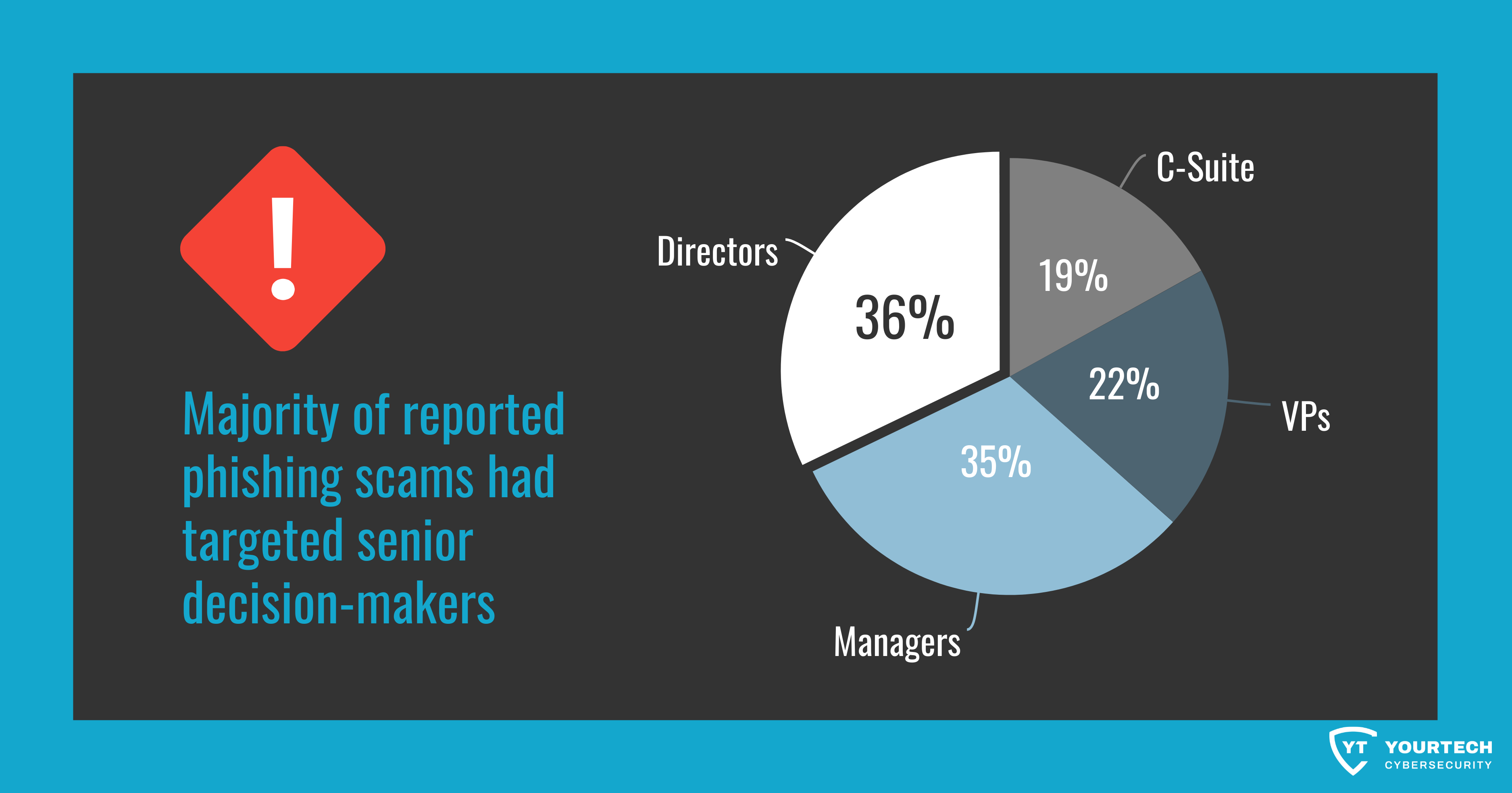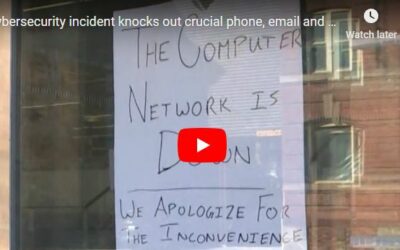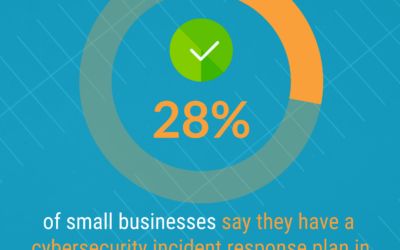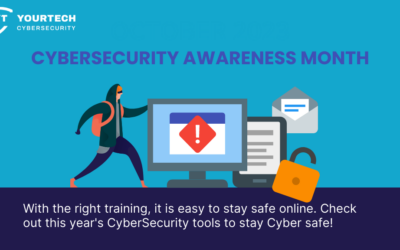In the ever-evolving landscape of cybersecurity threats, one tactic that continues to plague organizations is phishing scams. Among these, a particularly insidious trend has emerged—the targeting of senior decision-makers within companies. As the guardians of sensitive information and key decision influencers, executives find themselves at the forefront of cybercriminals’ crosshairs. In this blog, we’ll explore the reasons behind this alarming trend and discuss strategies to fortify corporate defenses against these targeted attacks.
The Allure of Senior Decision Makers:
Access to Sensitive Information:
Senior decision-makers wield considerable power within organizations. They often have access to sensitive company data, financial information, and strategic plans. Cybercriminals recognize that by compromising these individuals, they gain a direct pathway to a treasure trove of valuable data.
Authority in Financial Transactions:
Executives are frequently involved in financial decision-making and transactions. Phishers target them with the intent of manipulating financial processes, diverting funds, or gaining access to banking credentials. The potential financial gains make senior decision-makers attractive targets.
Influence in Business Relationships:
As the face of the company, executives often communicate with external stakeholders, including partners and clients. By compromising their email accounts, cybercriminals can impersonate them, potentially damaging business relationships or orchestrating fraudulent activities under the guise of legitimate communications.
Tactics Employed by Phishers:
Spear Phishing:
Phishers use spear-phishing techniques to tailor their attacks to specific individuals. These attacks often involve personalized emails that appear legitimate, luring senior decision-makers into clicking on malicious links or downloading infected attachments.
Impersonation:
Cybercriminals may impersonate trusted colleagues, business partners, or even regulatory bodies. By mimicking familiar entities, they increase the likelihood of executives falling victim to their schemes.
Social Engineering:
Phishers exploit psychological vulnerabilities through social engineering. They may craft messages that play on urgency, fear, or curiosity, compelling senior decision-makers to take immediate action without thoroughly verifying the authenticity of the communication.
Fortifying Corporate Defenses:
Employee Training:
Educating employees, especially senior executives, is paramount. Regular training programs can enhance awareness of phishing tactics, teach how to recognize suspicious emails, and emphasize the importance of verifying unexpected communications.
Robust Email Filtering:
Implementing advanced email filtering systems can help detect and filter out phishing attempts before they reach the intended recipients. This can significantly reduce the risk of executives falling victim to deceptive emails.
Multi-Factor Authentication (MFA):
Enforcing MFA adds an extra layer of security, requiring more than just a password for access. Even if login credentials are compromised, the additional authentication step can thwart unauthorized access attempts.
Incident Response Planning:
Having a well-defined incident response plan is crucial. In the event of a successful phishing attack, a prompt and coordinated response can mitigate potential damages and limit the impact on the organization.
IT Services Firm in Hamilton, Halton, and Niagara ON
Are You Searching Online For An IT Support Firm In Hamilton, Niagara, Burlington, or Stoney Creek because Your Company’s Network Is Running Slow And Causing Problems But You Don’t Know Who You Can Trust To Fix It Fast?
If so, give us a call and let us show you what fast, friendly and highly responsive outsourced IT support should be for your small to medium-sized business: (905) 892–4000 or Contact us here.




